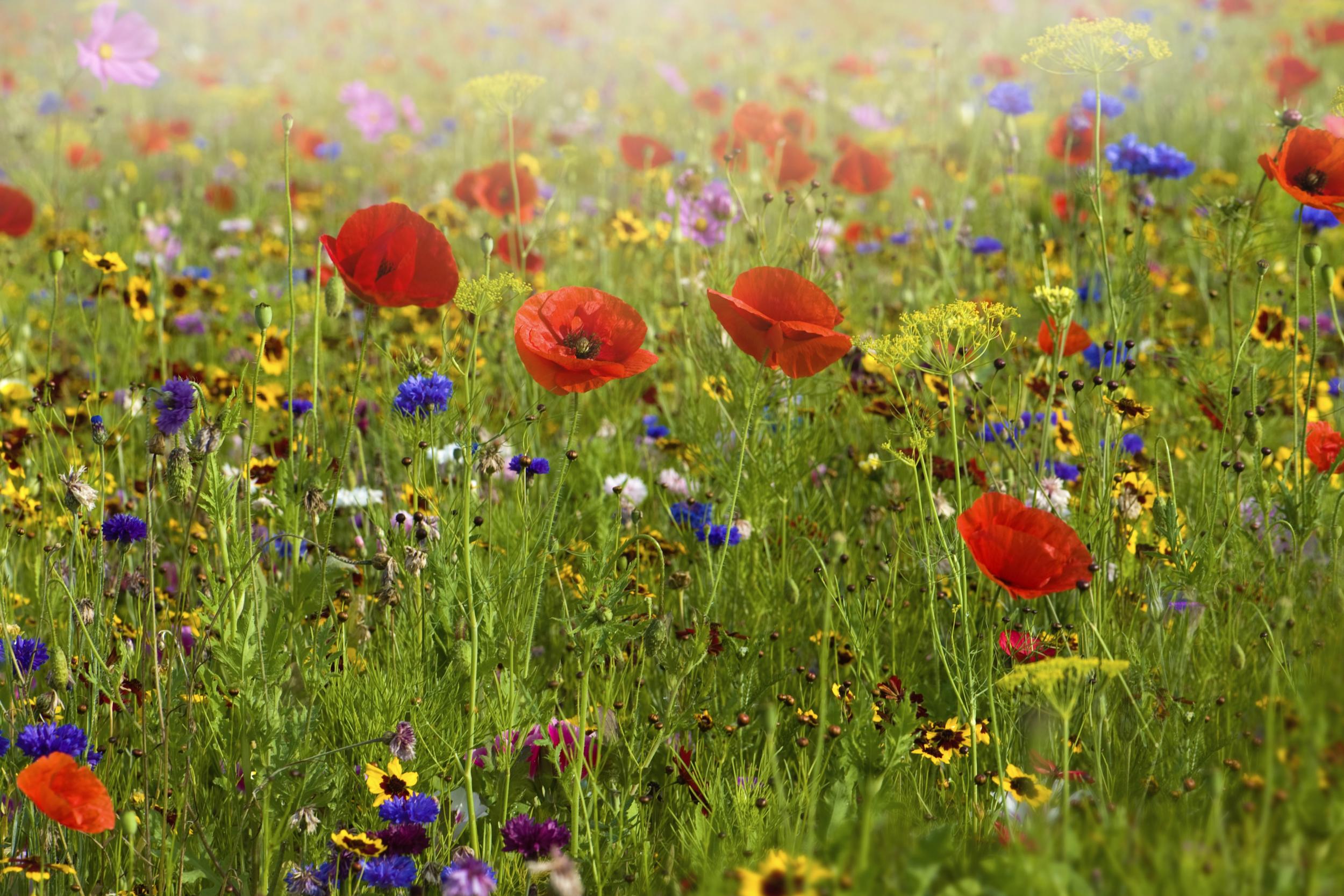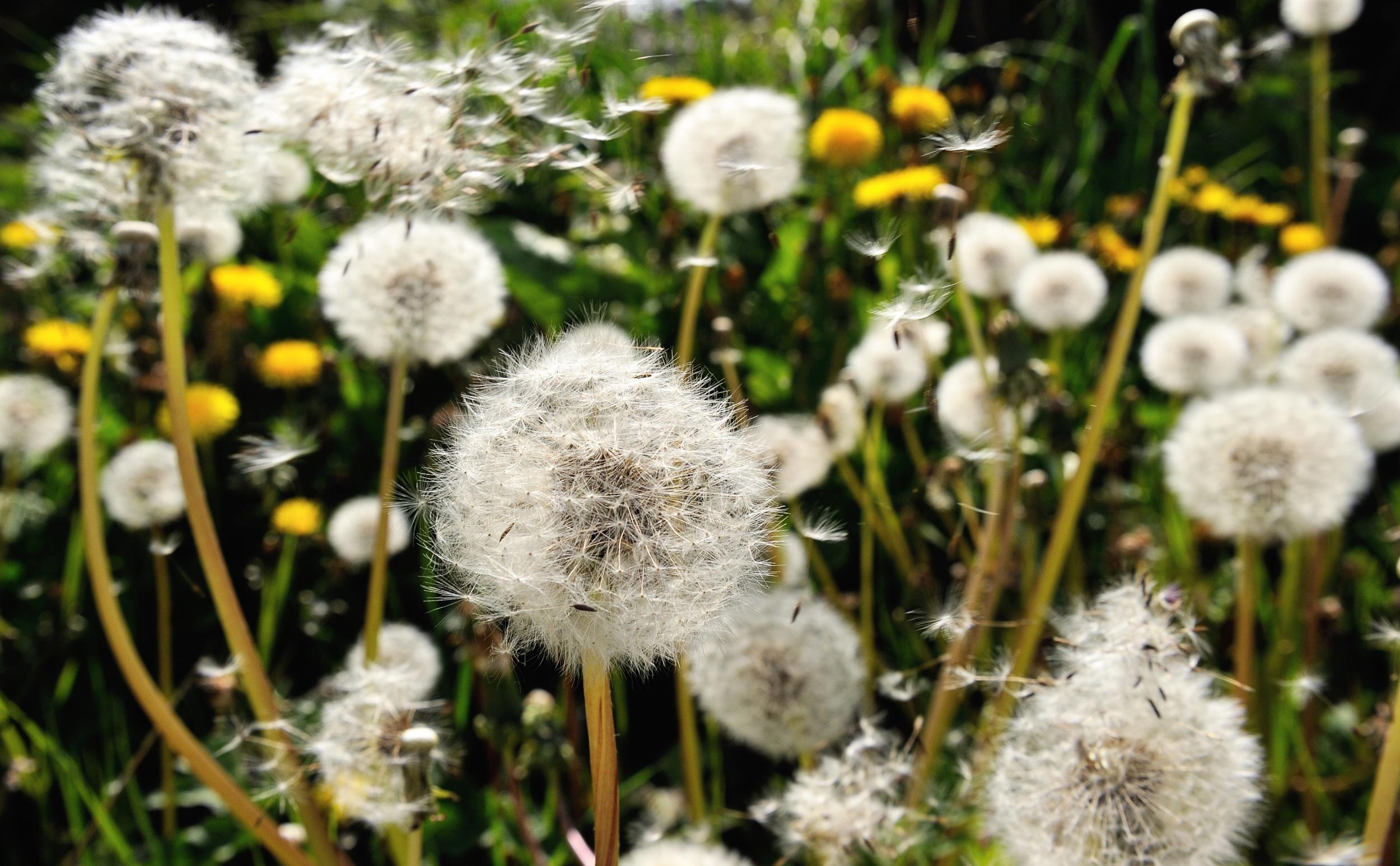Hay fever survival guide: causes, symptoms and treatments
Help say goodbye to hay fever symptoms with our simple tips

If you sniffle and sneeze your way through the hay fever season, you’ll want to do all you can to help keep pollen at bay and minimise symptoms.
Don’t bring the outside in
You'll want to help minimise the pollen you’re bringing into your home or workplace. Shake outdoor clothes before you head inside, and once home, shower, wash your hair and change into clean clothes to help get rid of any residual pollen. Pets can be pollen magnets, so if possible, keep them outside during the hay fever season. Avoid hanging washing outside to dry if you’re able to, as your clean clothes will collect pollen.
Clean and vacuum regularly to remove traces of pollen, and wipe sides down with a damp cloth. Using a wet, rather than dry cloth will collect pollen and stop it being spread around. It’s also worth looking into a vacuum cleaner with a special HEPA filter, and considering an air purifier, which can trap airborne allergens such as pollen. Pollen filters for the air vents in your car could also help alleviate your symptoms.

Be prepared
It makes sense to keep an eye on the pollen count, and if possible, check it out a few days in advance so you can prepare for periods when levels are high. Using a steroid nasal spray such as Pirinase not only treats symptoms of hay fever, but if you start taking it a few days in advance of a high pollen count, it will build up in your system and can actually prevent symptoms from occurring.
It can also be helpful to work out what type of pollen you’re allergic to, so you know when your hay fever will be at its worst. In the UK, grass pollen is the most common cause (usually between mid-May and July), with tree pollen (late March to mid-May) the second most problematic.

So long, sniffles
Smoking and passive smoking can make hay fever symptoms worse, so giving up or avoiding those who smoke can help improve symptoms. Drinking some types of alcohol (such as beer and cider) could also affect hay fever as they contain histamine, the chemical that sets off allergy symptoms. When it comes to bedtime, keep windows closed overnight (use a fan if it’s warm), and don’t let pets sleep in your room, as they may be carrying pollen on their fur.
Help for hay fever
It makes sense to try to help prevent the symptoms of hay fever and a single dose of Pirinase Hayfever Relief For Adults 0.05% Nasal Spray in each nostril once a day could help relieve sneezing, a runny nose, nasal congestion, and itchy and watery eyes. Find out more here, or click here to buy online.
For the relief of allergy symptoms. Pirinase Allergy 0.05% Nasal Spray contains fluticasone. Always read the label.
Trademarks are owned by or licensed to the GSK group of companies.

Bookmark popover
Removed from bookmarks